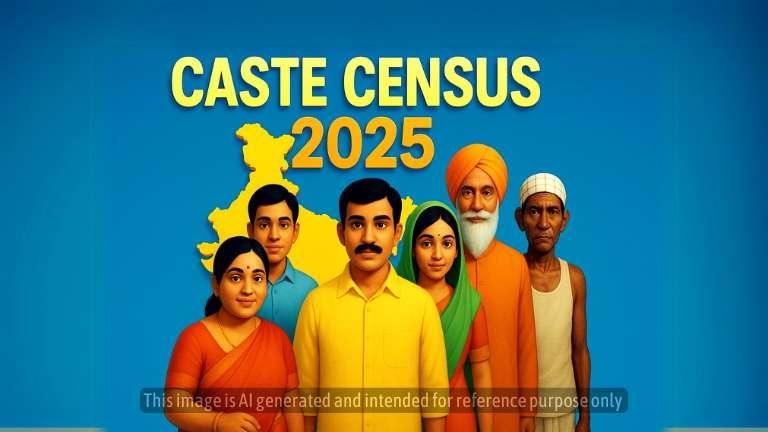कृपया इसे हिंदी में पढ़ने के लिए यहाँ क्लिक करें
Playback singer Madhushree (born Sujata Bhattacharya) lent her voice to at least 32 songs composed by A.R. Rahman, yet in recent years her presence in mainstream Bollywood has diminished sharply. From classical training in Kolkata to chart-topping hits in Hindi cinema, her journey has been marked by both acclaim and industry politics. This article explores her early life, breakthrough moments, peak collaborations, the undercurrents that led to fewer offers, and the lesser‑known anecdotes that reveal why one of Rahman’s favorite voices found herself edged out of Bollywood.
Early Life and Musical Foundations
Madhushree was born Sujata Bhattacharya on November 2, 1969, into a Bengali family in Kolkata, where her parents Amarendranath and Parbati Bhattacharya trained her in classical music. She excelled in Thumri and Khayal under Sangeetacharya Pt. Amiya Ranjan Bandyopadhyay of the Bishnupur Gharana and later earned a master’s degree from Rabindra Bharati University. Guided by a desire to become a playback singer, she spent three years teaching classical music via the Indian Council for Cultural Relations in Suriname before returning to India to pursue her Bollywood dream.
Breakthrough: From Moksha to Rahman’s Muse
Her big break came when a demo CD reached lyricist Javed Akhtar, who recommended her to composer Rajesh Roshan; she debuted in the film Moksha (2001) under her birth name Sujata Bhattacharya. Soon after, she joined forces with A.R. Rahman, delivering soulful tracks in films such as Saathiya, Yuva, Rang De Basanti, Swades, and Jodhaa Akbar.
Signature Hits
- “Kabhi Neem Neem” (Yuva, 2004) – Won Sony Stardust Award for Best Female Sensation.
- “Tu Bin Bataye” (Rang De Basanti, 2006) – A gentle melody showcased her emotive tone.
- “In Lamhon Ke Daaman Mein” (Jodhaa Akbar, 2008) – A duet with Sonu Nigam that remains a favorite.
- “Pal Pal Hai Bhari” (Swades, 2004) – Recorded impromptu in a hotel room before a film shoot.
- “Hum Hain Is Pal Yahaan” (Kisna: The Warrior Poet, 2005) – A spirited number with Udit Narayan.
- “Soja Zara” (Baahubali 2: The Conclusion, 2017) – Earned a Mirchi Award nomination.
These songs cemented her reputation as a versatile vocalist who could adapt to classical bases, pop sensibilities, and everything in between.
Industry Politics: Nepotism, Music Mafia, and Conspiracies
Despite her success, Madhushree’s Bollywood offers dwindled after the mid‑2000s. She has spoken openly about experiencing “injustice and discrimination” and being sidelined by a “music mafia” that favored a handful of voices. Studios allegedly spread rumors that she was “only in South India,” leading to last‑minute cancellations and even suppression of her vocals during mixing sessions.
“There were a lot of conspiracies against me; all kinds of tricks were applied so as to ensure that my voice does not reach the public,” she lamented, adding, “Sometimes, while mixing the song they would suppress my voice completely.”
She also noted that the boom of reality TV and new technologies created opportunities for fresh faces willing to sing for little or no pay, pushing established singers like her further to the margins.
Ground‑Level Anecdotes and Lesser‑Known Facts
- Hotel Room Marathon: On the eve of filming “Swades”, director Ashutosh Gowariker, Shah Rukh Khan, Javed Akhtar, and Rahman gathered in a hotel room as Madhushree recorded “Pal Pal Hai Bhari” in one take.
- Bappi Lahiri Connection: Rahman once asked Madhushree for Bappi Lahiri’s contact, wanting him to sing for a project; when she called, Lahiri thought it was to offer her another song, leading to a magical moment of inter‑industry camaraderie.
- Selective Recognition: Industry peers often labeled her voice “classical,” inadvertently narrowing her Bollywood repertoire despite her work in multiple southern languages and genres.
A Soft‑Spoken Resilience
Madhushree maintains a gracious attitude toward her fans and Rahman, thanking them for the hits and live performance opportunities that continue to define her career. While Bollywood playback may no longer flow as freely, she remains active in Tamil, Telugu, Bengali, and Kannada films, as well as concert circuits and digital releases.
Disclaimer: This article is for informational purposes only. All opinions, anecdotes, and quotes are sourced from publicly available interviews and news articles. No legal liability is assumed for the accuracy of the information presented, and readers are encouraged to consult original sources for verification.







Leave a Reply